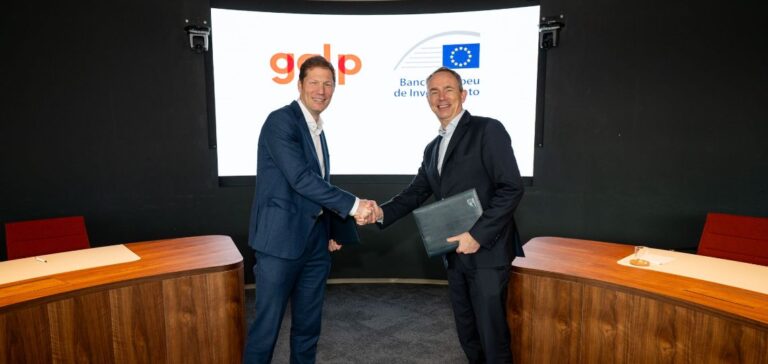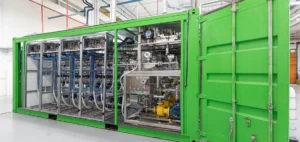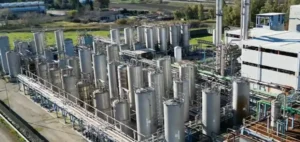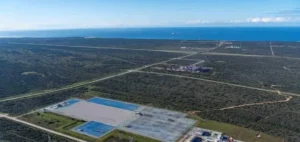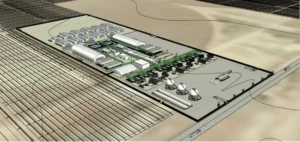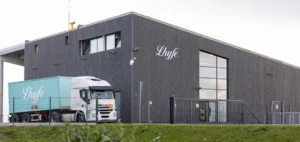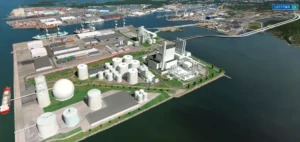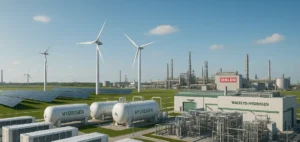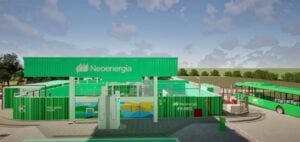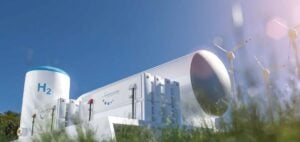The European Investment Bank (EIB) has granted a €430 million loan to support the construction of two key projects at the Sines refinery in Portugal, led by Galp. These projects aim to transform the existing infrastructure into units for renewable hydrogen and biofuel production, thus contributing to the decarbonisation of heavy transport and aviation. These initiatives align with European climate objectives, including the European Green Deal and the REPowerEU plan, which seek to strengthen the EU’s energy independence.
The two projects represent a total investment of €650 million. The biofuels unit, financed with €250 million, will produce sustainable, low-carbon fuels essential for decarbonising the transport sector. Biofuels production, which is set to begin in 2026, will include the production of sustainable aviation fuel (SAF) and renewable bio-based diesel (HVO). The expected production capacity is 270,000 tonnes per year, a sufficient amount to meet European targets for sustainable aviation fuels.
A strategic partnership for energy innovation
In parallel, a 100 MW electrolyser is under construction at the same site, with €180 million in financing from the EIB. This project will produce up to 15,000 tonnes of renewable hydrogen annually, making this unit one of the largest of its kind in Europe when it begins operation next year.
The project is being developed in partnership with the Japanese group Mitsui, which supports the biofuels unit within a total investment of €400 million. Jean-Christophe Laloux, EIB’s Director-General for lending and advisory, emphasised the importance of these projects, stating that they demonstrate how financing, innovation, and environmental commitment can combine to promote a fair and sustainable energy transition.
Meanwhile, Ronald Doesburg, Executive Committee member at Galp, noted that these projects are crucial for maintaining Portugal’s competitiveness in an increasingly unstable global energy context. He called for greater support from energy companies, public financing, and government commitment to ensure the sustainability of the country’s energy initiatives.
Galp’s two projects are aligned with the goal of achieving climate neutrality by 2050 and represent a strategic lever in strengthening the EU’s energy independence.

